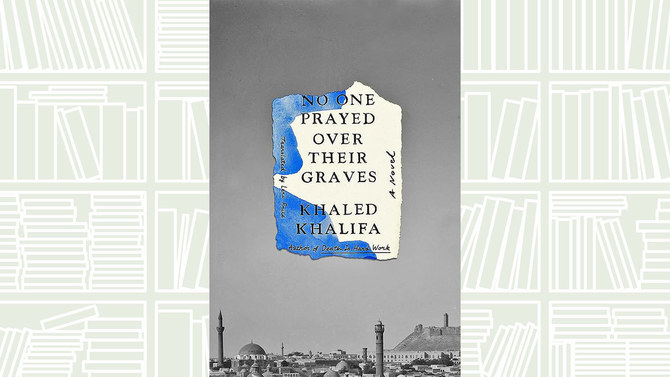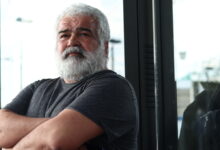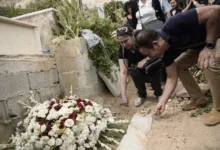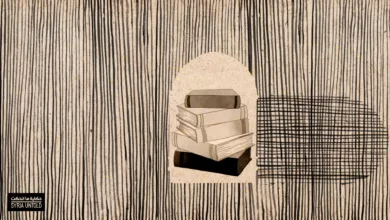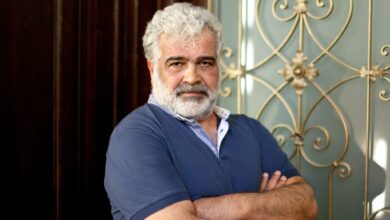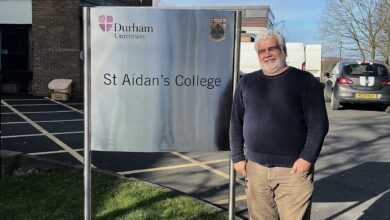CHICAGO: This epic work from award-winning Syrian novelist Khaled Khalifa, translated into English by Leri Price, spans several decades — from the late 19th century to the 1950s — and explores both friendship and tragedy.
In 1907, a flood wipes out the village of Hosh Hanna near Aleppo, Syria. The lives of those who survive forever change, especially those of close friends Hanna Gregoros (a Christian) and Zakariya Bayazid (a Muslim whose family took Hanna in as a boy when he fled a massacre). Both young men — until this moment — have lived as if they were invincible. They are now forced to spend the rest of their lives reflecting on a past that has been swept away in one morning.
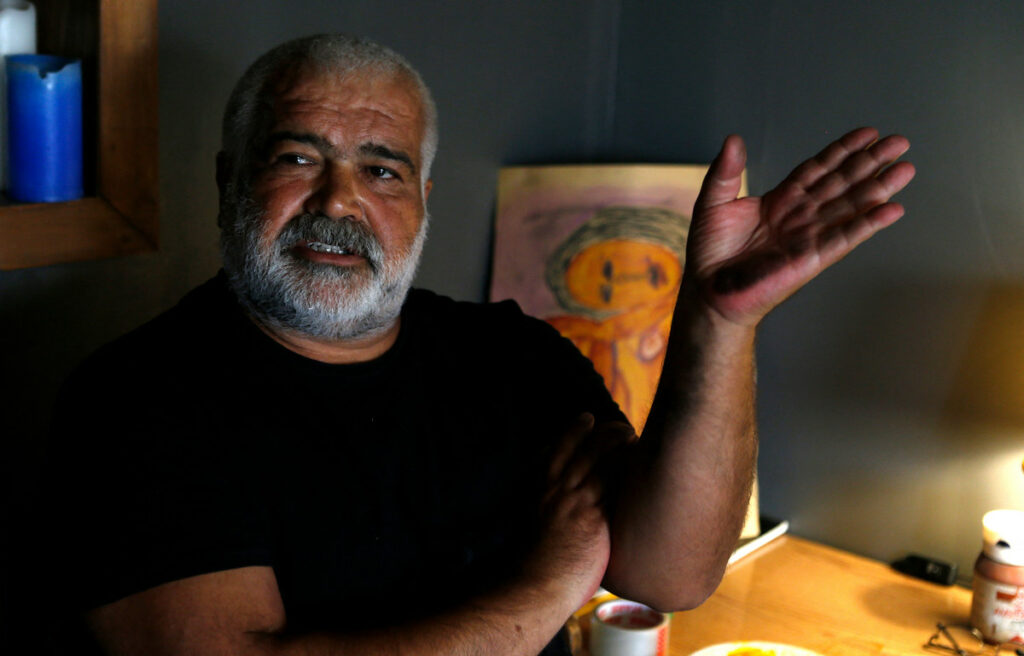
We are introduced to Hanna and Zakariya at their lowest point: the flood has destroyed their homes, taken their families, and everything of their past, including the generation-long ties they have always relied on. Once wealthy — with land, horses, and a close-knit community of family and friends — Hanna and Zakariya took for granted an Aleppo that was religiously tolerant and thriving. United in their love for each other and their homes, the residents of Hosh Hanna had always helped one another. But the familiar routes are no longer familiar, and life dwindles for the two survivors.
The narrative shifts timelines regularly, giving us a clear portrait of Hanna and Zakariya’s carefree past and a present beset by challenges, which they attempt to navigate while surviving on memories. They recollect joyous moments, but also lament the times when they were only interested in themselves and their own desires, ignoring all the good things that were in front of them. The flood opens their eyes to their shortcomings, their losses, and to the love they never fully appreciated before it was too late. The lives of Khalifa’s characters are riddled with loss and coping mechanisms.
The novel delves into the complex layers of Aleppo’s history through stories that are born of revenge, friendship, oppression, love and loyalty. The pair’s relationship, and their adoration for their land, their neighbors and their villages cannot be erased by a flood, by war or by extremism. A similar love for his country comes through in Khalifa’s writing.
Published on Arab News here

